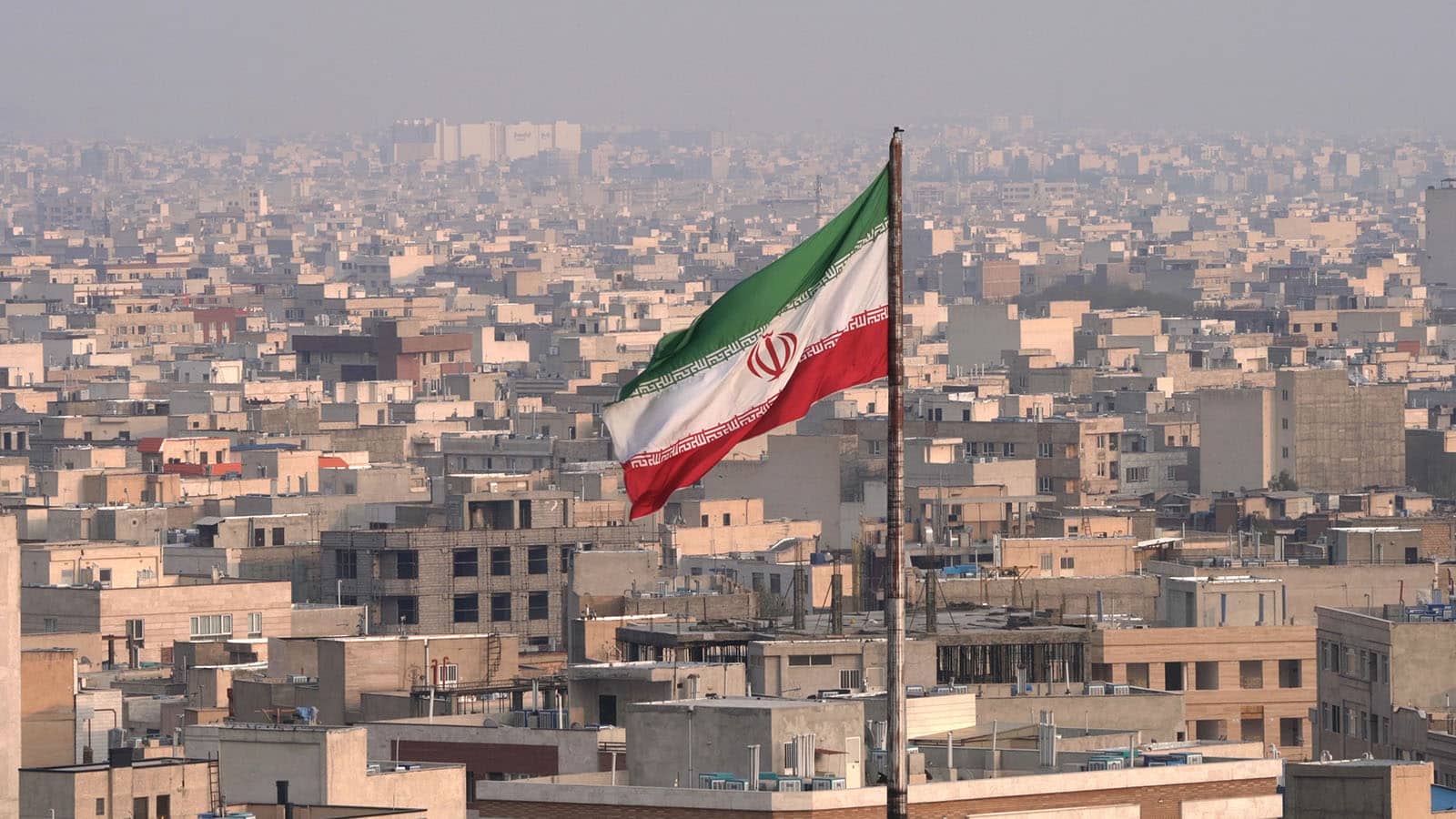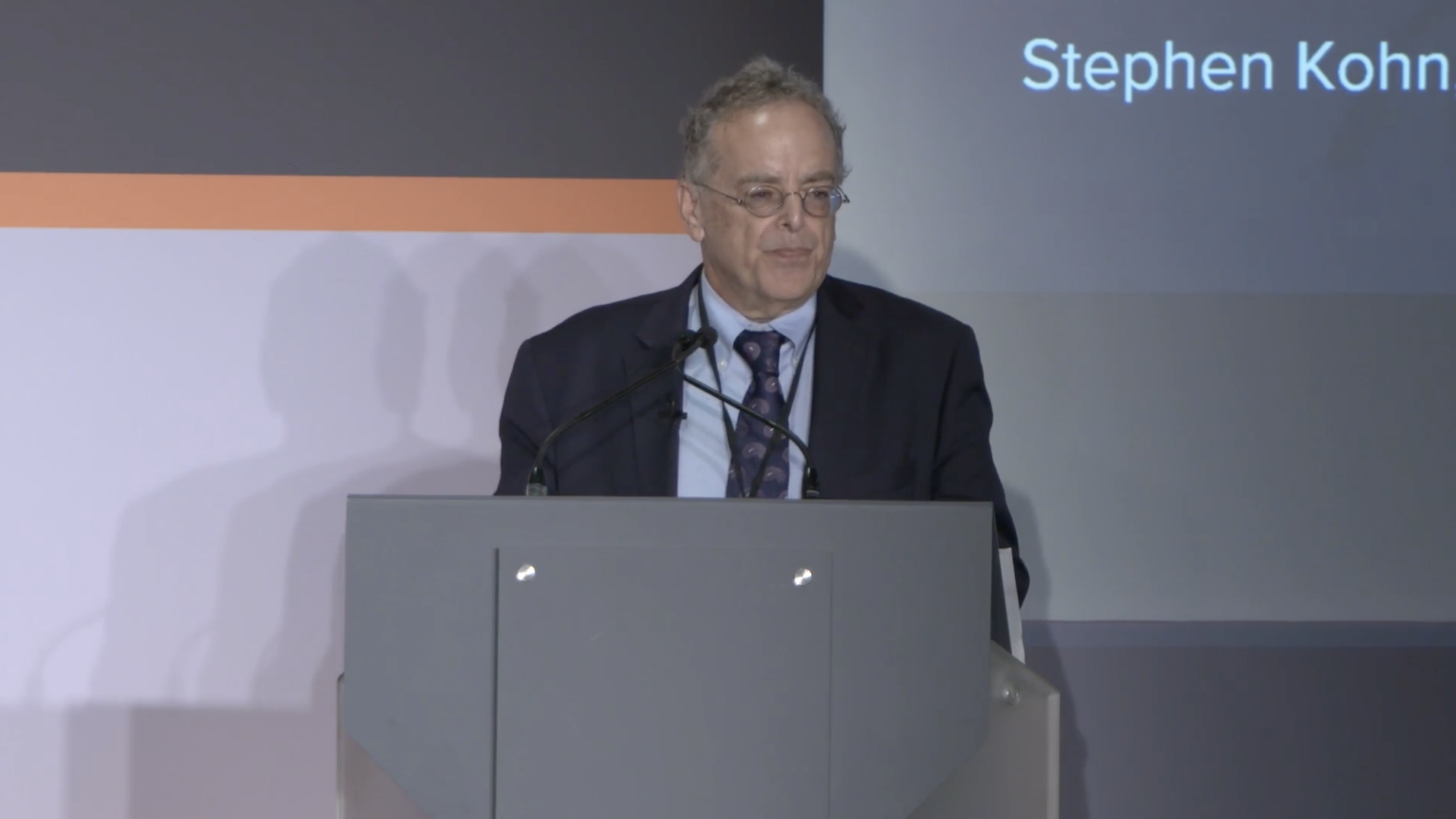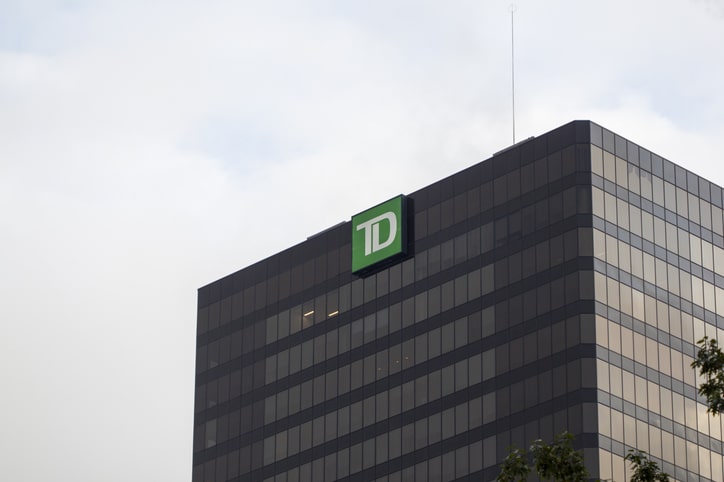FinCEN’s Anti-Money Laundering and Sanctions Whistleblower Program
The Financial Crimes Enforcement Network (FinCEN) incentivizes individuals to report anti-money laundering, Bank Secrecy Act (BSA), or sanctions violations — awards of up to 30% of the fines or penalties are available to eligible whistleblowers.
Updated
May 14, 2025

The Financial Crimes Enforcement Network (FinCEN) is a bureau within the U.S. Department of the Treasury, who collects and analyzes financial transactions that aim to combat international money laundering, terrorist financing, and other crimes. In 2022, with the efforts from our firm and the community, the AML Whistleblower Improvement Act was strengthened and passed under the Omnibus Budget bill.
Under FinCEN’s whistleblower program, whistleblowers who provide FinCEN with information regarding violations of the AML Act, Bank Secrecy Act (BSA), or sanctions violations may be eligible to receive an award between 10% and 30% of the penalties and fines obtained from a successful investigation in when the penalties and fines total $1 million or more.
Who is Eligible?
A wide range of individuals may be eligible for a FinCEN whistleblower award, including:
- Bank Employees: Tellers, loan officers, compliance officers, and other personnel who suspect illegal activity.
- Former Employees: Individuals who have left a financial institution but have knowledge of ongoing misconduct.
- Customers and Clients: Individuals who have firsthand knowledge of suspicious activity.
- Third-Party Vendors and Contractors: Individuals who work with financial institutions and have access to sensitive information.
This program encourages individuals to come forward, which strengthens the enforcement of critical foreign policy and anti-money laundering tools. Continue reading to understand the FinCEN’s award program and how you can qualify for an award and protection for reporting AML, BSA, or sanctions violations.
Bank Secrecy Act (BSA) and Sanctions Violations

The Financial Crimes Enforcement Network (FinCEN) is a bureau of U.S. Department of Treasury whose purpose to collect, analyze, and identify financial transactions that point to money laundering, terrorist financing, or other financial crimes. FinCEN serves as the enforcement arm of the Bank Secrecy Act (BSA). Below are some of the violations that FinCEN is on the lookout for:
- Failure to File Required Reports: This type of BSA violation occurs when a bank, money transmitting business, real estate agents, or other financial institutions fails to report Currency Transaction Reports (CTRs) for cash transactions over $10,000 in a single day, or Suspicious Activity Reports (SARs) when they suspect a transaction may be related to money laundering or illegal activities.
- Structured Transactions: Some individuals or organizations may try to avoid BSA violations by breaking up larger transactions into smaller ones, so as not to raise suspicion. Criminals or those who assist them may even use multiple accounts to avoid triggering the thresholds that require a financial institution to file a Currency Transaction Report (CTR) or Suspicious Activity Report (SAR).
- Recordkeeping Violations: These types of violations of the BSA include the failure of banks or financial institutions to possess and maintain accurate records of customer transactions and their identities. There are certain rules for the period in which these records must be kept (typically 5 years) and failure to follow these rules may result in fines and other penalties.
- Know Your Customer (KYC) Failures: Financial institutions must make a strong effort to conduct in-depth diligence of their customers, including identification and verification of customers, and the source of their funds. This is known as Know Your Customer (KYC) and institutions must keep customer data updated and current, otherwise, may run into possible violations.
- Money Laundering: This goes without saying, but money laundering is a major violation of the BSA and can lead to massive penalties. Money laundering is the process of integrating the proceeds generated from illegal activity into the legitimate economy. This is often done through structuring, commodities investments, shell companies, and asset acquisitions.
- Terrorist Financing: Terrorist financing is a major violation of the BSA. In no way should banks or financial institutions assist terrorist organizations or individuals. Financial institutions must take necessary steps to prevent terrorist from receiving financial support.
These are just a few of the most common violations. There are many others. And the penalties and fines can vary depending on the type of violation. Under various anti-money laundering laws for instance, the U.S. Treasury is mandated to award a whistleblower who voluntarily discloses original information, leading to the successful collection of sanctions exceeding $1 million for violations related to:
- The International Emergency Economic Powers Act (50 U.S.C. 1701 et seq.)
- Sections 5 and 12 of the Trading With the Enemy Act (50 U.S.C. 4305; 4312)
- The Foreign Narcotics Kingpin Designation Act (21 U.S.C. 1901 et seq.)
It’s important for financial institutions have the proper checks and controls in place to avoid violating the BSA and other anti-money laundering or sanctions laws. This includes the creation and maintenance of an effective compliance program, which generally consists of several pillars, including the appointment of a compliance officer, internal AML policies, employee training, regular audits and maintenance of AML programs, and the implementation of an AML program for customer due diligence.
BSA Claims and the AML Whistleblower Program
The Financial Crimes Enforcement Network (FinCEN) is the bureau under the U.S. Department of Treasury responsible for enforcement, investigating violations of the Bank Secrecy Act (BSA), such as money laundering, terrorist financing, Know Your Customer (KYC) failures, among others.
AML Awards
Whistleblowers are eligible to receive a mandatory award between 10% and 30% of the sanctions imposed by FinCEN if their original information leads to a successful enforcement action.
It’s important to note that the minimum amount of the BSA or sanctions violation must exceed $1 million for a whistleblower to become eligible. The exact award amount depends on several factors, including the quality of the information provided and the role the whistleblower played in the investigation.
Awards paid to whistleblowers come from a revolving fund, which is financed entirely by the monetary penalties collected in covered actions, as well as the earnings from the fund’s investments.
Those who are convicted of a criminal violation are not eligible for an award.
Award Eligibility Requirements
Whistleblowers with information regarding BSA or sanctions violations may report their concerns, but they must do so voluntarily. This is a key requirement that applies to U.S. and non-U.S. residents, both of which are eligible to apply.
It’s important to note that the violating taking place do not need to take place in the U.S. for a whistleblower to become eligible for protection or awards. The AML program covers international whistleblowers as well, who are encouraged to come forward.
Historically, compliance officials and employees of financial institutions, also known as “insiders,” come forward. Under the new program, employees are not required to report their concerns internally first; they can come directly to FinCEN.
Moreover, there are other award programs that whistleblowers might consider, depending on the type of financial entity.
For instance, if the entity in question is overseen by the SEC, whistleblowers can explore the SEC Whistleblower Reward Program. If the entity falls under the CFTC’s jurisdiction, the CFTC Whistleblower Reward Program is available. It’s worth noting that whistleblowers have the option to provide information to multiple programs simultaneously, most of which allow anonymous filing.
Protections and Anonymity
Even though strict confidentiality is adhered to, whistleblowers who utilize the AML whistleblower program are eligible to report their concerns anonymously. However, they must do so with the assistance of a U.S-based attorney. Given the complexity of such cases, it’s recommended to find a law firm who has a history of representing whistleblowers who’ve reported money laundering or sanctions violations before, or who have influenced AML rulemaking.
Under the new AML program, whistleblowers are eligible to receive protection from retaliation. This means an employer may not terminate, demote, harass, or otherwise take consequential action against a whistleblower for engaging in a protected activity such as whistleblowing. Or as the law explains, employers cannot “directly or indirectly, discharge, demote, suspend, threaten, blacklist, harass, or in any other manner discriminate against a whistleblower in the terms and conditions of employment or post-employment.”
Whistleblowers who experience retaliation may be eligible for reinstatement, back pay, and other monetary damages.
Statute of Limitations
Under the updated amendments, the program allows for whistleblowers to blow the whistle on violations of the BSA or sanctions laws up to six years under 31 U.S.C. § 5321(b) and up to five years for criminal penalties under 18 U.S.C § 3282(a).
What’s more is that whistleblowers can report violations that took place before the program was created, further encouraging whistleblowers to come forward if they possess information of a violation that occured in the last few years.
Sanctions Claims Under AML Whistleblower Program
Sanctions laws can be broad or targeted, leveraging asset freezes and trade limitations to achieve foreign policy and national security objectives. While anti-money laundering laws broadly cover all sanctions requirements, the ability to use this law immediately to enforce all the financial restrictions placed on Russia after the invasion of Ukraine was a driving force behind the sanction’s provisions.
Kleptocracy Asset Recovery Awards Program
Assets that have entered the U.S., or are under the possession or authority of a U.S. individual or organization since January 1, 2021, are eligible for an award of up to $5 million. The program is administered by the Treasury’s Office of Terrorism and Financial Intelligence who’s primary focus right now is on governmental corruption within the Russian Federation, bribery cases tied to Odebrecht S.A. and Braskem S.A., and misconduct linked to 1MDB, Malaysia’s Sovereign Wealth Fund.
Process of Reporting Money Laundering to FinCEN
If you believe you have information about potential violations of the BSA or other AML laws, you should follow these steps
- Document the Evidence: Gather all relevant documents, emails, and other evidence that supports your allegations.
- Consult with an Attorney: An experienced whistleblower attorney can help you navigate the complex legal landscape and protect your rights.
- Submit a Confidential Report: File a confidential report with FinCEN. You can do this online or by mail.
- Cooperate with the Investigation: Be prepared to provide additional information and testimony as needed.
Whistleblowers are essential in upholding the sanctity of our financial framework and thwarting fraudulent activities. The anti-money laundering and sanctions experts at Kohn, Kohn & Colapinto possess deep insights into the dynamic realm of AML guidelines, sanctions regulations, and whistleblower protections. For further information or to contact KKC’s specialized AML whistleblower counsel, reach out to us for a confidential, no-obligation consultation.
Hiring a Whistleblower Attorney

If done by individuals who have access to sensitive information or are insiders within organizations, blowing the whistle can be a complex and potentially risky endeavor. There are several reasons why seeking legal guidance is advisable, including:
- Protection of Identity: By working with an attorney, whistleblowers can report violations anonymously, protecting their identity and reducing risks.
- Understanding the Law: An experienced attorney can provide clarity on the nuances of the law and help determine the quality of information that you have.
- Maximizing Potential Awards: Attorneys ensure the submission of thorough and detailed information to authorities, increasing the chances of a successful claim, and maximize the potential reward amount.
- Protection Against Retaliation: An attorney can advise on how best to protect you from retaliation, such as demotion, harassment, or termination.
- Assistance with Evidence: Legal professionals can guide you on the best methods to collect, store, and present evidence to enhance the credibility of your claim.
- Potential Litigation: Having an attorney from the outset ensures you’re well-prepared to navigate any legal challenges or proceedings
Even if one decides to proceed independently, initial consultation with an AML attorney can provide valuable insights and recommendations.
Considerations for Whistleblowers
Whistleblowers with information about a potential AML, BSA, or sanctions violations should take action immediately, but also be aware of the risks and pitfalls, as there are certain rules that must be followed. Below are some important considerations for whistleblowers:
- Collecting Evidence: given strict compliance imposed on banks and other financial institutions, it’s important to gather evidence in compliance with federal laws and internal policies. Meaning, you must understand how collect evidence that contains sensitive information.
- Follow Procedure: when reporting internally or externally, it’s important to follow the correct procedures. Failure to report your concerns in accordance with the rules could disqualify you from receiving an award.
- Provide Assistance: assistaning FinCEN in the investigation process will maximize your chances at receiving a favorable award percentage closer to 30%, so it’s important that you prepare to be involved.
- Maintain Compliance: whistleblowers must maintain Suspcious Activity Report (SAR) compliance. Refrain from disclosing confidential information from a SAR or the fact that a SAR has been filed. This could violate federal law.
We Helped Write the AML Law
Our firm was the driving force that collaborated with Congressional offices to draft critical amendments to the Anti-Money Laundering Improvement Act. Our team spearheaded efforts to pass the AML whistleblower legislation over the past two years.
- 2022: Collaborating with the National Whistleblower Center and Whistleblower Network News, our team spearheaded a triumphant grassroots campaign advocating for adopting the Anti-Money Laundering Improvement Act. This legislation safeguards and encourages whistleblowers who reveal the concealed assets of oligarchs, sanctions breaches, and criminals’ devious financial operations.
The bill empowers the Department of Treasury to trace the billions of dollars laundered via American banks and to confiscate the assets of Russian oligarchs and others who launder funds to conceal their unlawfully acquired wealth.
- 2021: Kohn, Kohn, and Colapinto led advocacy efforts to amend the whistleblower reward provisions in the Anti-Money Laundering Act of 2020 (AML Act).
- 2018: Stephen M. Kohn, a whistleblower attorney, delivered testimony to the European Parliament, encouraging the expansion of whistleblower protection to encompass money laundering cases.
- 2018: Collaborating with the National Whistleblower Center, our firm successfully convinced Congress to revise the IRS tax whistleblower law, extending its coverage to all crimes investigated by the IRS criminal division, including money laundering.
Our Firm’s Cases

$2 Billion Recovered
Wilkinson blew the whistle on a $230 billion Russian money-laundering scandal that moved rubles out of Russia, converted them to dollars at Danske Bank Estonia Branch, then to moved the dollars to New York. The largest money laundering scandal in history.




